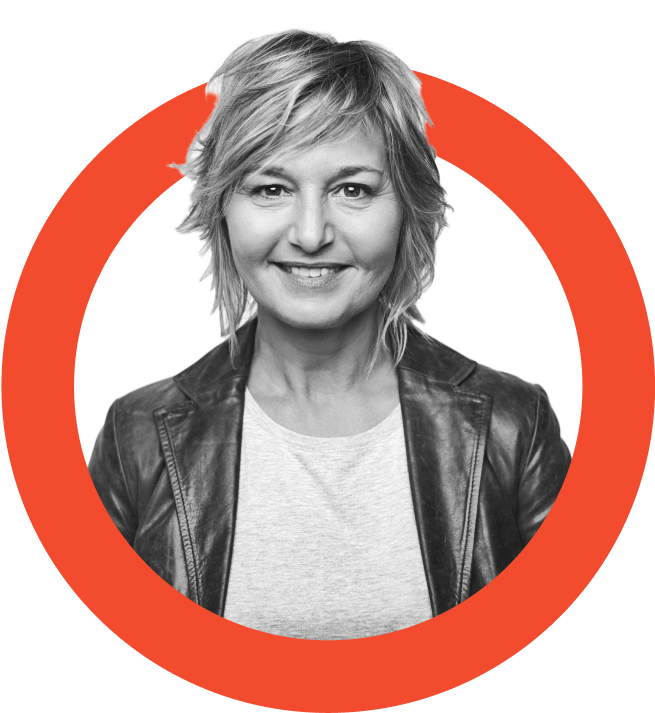Changes to the Standardized Tests and the Impact on Anxiety
Many colleges and universities have gone test blind or test optional. As a result, my SAT and ACT students have increasingly become more focused on how a high score on these standardized tests to stand out from the ever-increasing mob of applicants each year. While having a strong passion to succeed is extremely commendable, it does often bring along a less desirable sidekick: elevated testing anxiety.
Students tunnel so hard on their target score that they feel intense pressure with every error they make. And again, while wanting to avoid repeating mistakes is admirable, eventually the threat of not reaching their goals crowds out all else in students’ heads.
The Solution
They begin to forget how to methodically work through the problems on the exam with all the test-taking techniques and content knowledge they’ve learned and make many more mistakes on practice exams than in tutoring sessions. If left untreated, the same thing could repeat itself on the real exam.
In the past year, I’ve begun piloting a last-ditch strategy of asking overly anxious students in their last tutoring session before the real exam to conquer their trepidation with a surprising tactic: stop caring so much.
I also have to follow up the shock they express by elaborating that I don’t mean the efforts they’ve undertaken in their SAT or ACT preparation were for naught. Rather, they need to understand that the hard work that they have put into improving their scores is already set in stone. It’s up to them whether they choose to give in to their doubts about every single question on the exam or give each question their very best and move on. After all, thinking about the test more does not reveal what their score is going to be, so why fret? Self-fulfilling prophecies can be very real.
No Magic Wand, Just Techniques and Practice in a Supportive Environment
No magic wand can wave away a student’s testing anxiety entirely, but being in the correct headspace during the test has as much of an impact on the score as learning the content and practicing sound test-taking techniques. I am cautiously optimistic about my students’ results this year that this tactic was helpful for them in reaching new highs they were not able to meet in practice exams, and with every new year I look forward to further honing my strategies to help students reach their full potential.

